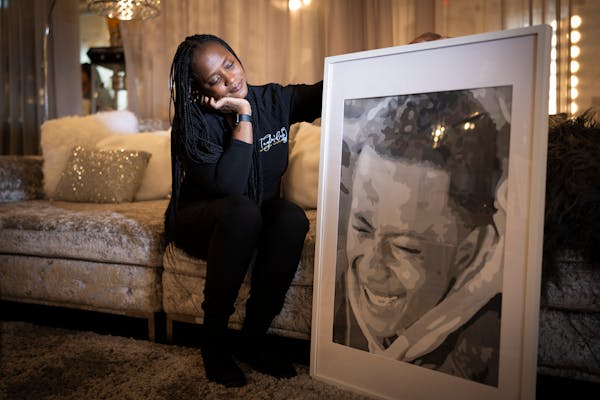WASHINGTON - Southwest Airlines flew planes past safety inspection deadlines. Two United Airlines jets skidded off a runway because of faulty wiring. A US Airways flight lost a chunk of a wing in midflight.
Those were among the recent safety lapses that Rep. Jim Oberstar, D-Minn., on Thursday demanded that the airline industry and its regulators in the Bush administration explain. The chairman of the House Transportation Committee blasted the Federal Aviation Administration (FAA) for what he called its "cozy" relationship with the nation's airline industry during a hearing on Capitol Hill.
"This is the most egregious lapse in safety at the FAA in 23 years," Oberstar said. "Complacency has set in at the highest levels in FAA management."
Oberstar's broadside was only the latest in a string of ringing critiques of the Bush administration, elevating him as one of its harshest critics. Recently, Oberstar has also been critical of the National Transportation Safety Board's investigation of the Interstate 35W bridge collapse.
Oberstar's investigation of airline safety has grabbed Washington's attention like none of his previous assaults.
Witnesses at the hearing included current and former FAA employees and some of the airline industry's major players, including Herb Kelleher, executive chairman of Southwest Airlines, and Gary Kelly, its CEO. Last month, news broke that Southwest was flying planes past scheduled FAA inspections, in violation of government requirements.
"I think the FAA has done a tremendous job historically," Kelleher said.
"Having a totally hostile FAA, I think, would cause carriers to be less forthcoming with some of the mistakes they have made, and shy away from some of the programs."
FAA officials acknowledged the agency's failure in the Southwest inspection incident, and also said that it could be a systemwide problem.
"I take that very seriously," said Nicholas Sabatini, associate administrator for safety at the FAA.
In written testimony Thursday, a key U.S. Department of Transportation (DOT) official criticized FAA leaders for failing to seriously pursue safety complaints raised by the agency's inspectors, including at Northwest Airlines.
Calvin Scovel III, DOT's inspector general, said that the FAA didn't adequately investigate the allegations of an inspector who filed a complaint in 2005, during a mechanics strike, that Northwest's replacement mechanics were not properly trained.
After Northwest officials complained to FAA administrators that inspector Mark Lund's conduct was interfering with the airline's operations, Scovell wrote, "FAA managers reassigned the [inspector] to office duties."
Even though a second FAA review team validated some of the problems identified by the inspector, FAA officials informed Lund that "his concerns lacked merit," Scovell said. The inspector general recommended that an "independent body" be charged with conducting reviews when FAA inspectors raise complaints.
Tammy Lee, a Northwest spokeswoman, said Thursday that "safety is our No. 1 priority," and that the carrier was "never asked to make any changes to our maintenance procedures" as a result of the inspector general's report that was issued in September.
"Before, during and after the mechanics strike, Northwest continuously communicated with the FAA to ensure that our own high standards for safety met and exceeded the FAA requirements," Lee said.
She added that Northwest successfully completed an International Operational Safety Audit this year, and that the IOSA certification is earned after meeting hundreds of standards.
Margin of safety
Oberstar said Thursday that, in some cases, the FAA's cozy dealings with airlines are "bordering on corruption."
Ultimately, legislation may emerge from the safety inquiry to restrict revolving-door employment of professionals at the FAA and in the airline industry, but it was not the immediate focus of Thursday's hearing.
"My definition of safety is the relative absence of risk," Oberstar said. "How wide are we establishing the margin of safety?"
Staff writer Liz Fedor contributed to this report. Conrad Wilson • 202-408-2723
